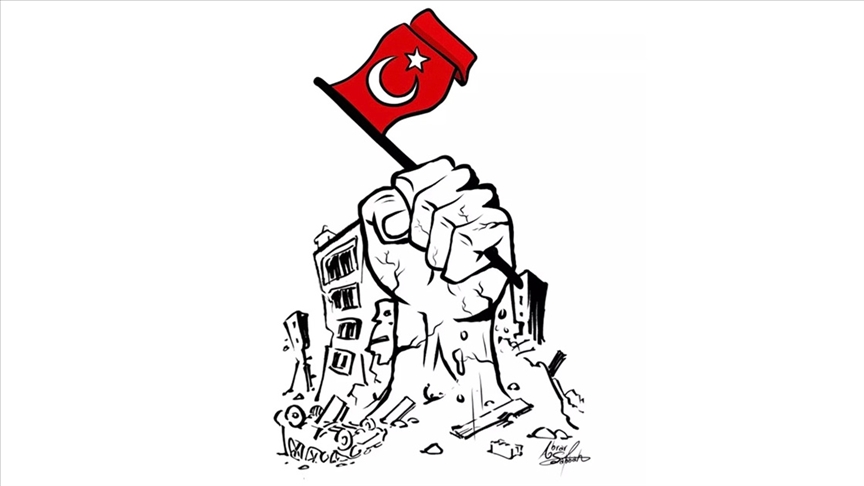After the death of the Holy Prophet's relatives and the cruelties inflicted by the people of Taif, Allah gave the last prophet the blessings of being able to travel to the spiritual worlds. One night, Prophet Muhammad was taken to al-Masjid al-Aqsa in Jerusalem, accompanied by Gabriel. They left from the Masjid al-Haram in Mecca. From the al-Masjid al-Aqsa, Muhammad ascended to the holy place, Sidratu'l-Muntaha. After that, the Prophet was taken to Allah - this was a journey conducted without time or space. With this miracle it was stated that Islam would spread outside Mecca to other countries. During his spiritual journey, the Prophet served as an imam for the other prophets and he stepped out in front of all the prophets and led them in a prayer. The first part of this journey is called the isra and is described in the seventeenth chapter of the Quran, which bears the same name. As for the miraj, this is described in the first verses of the fifty-third chapter, An-Najm (1-18). It is believed that the miraj happened just over a year before the Hijra (emigration), on the 27th of the month of Rajab. The miraj increased the holiness of the Prophet, reinforcing the faith of the believers, and also increased the hostilities of idolaters. When the Prophet reported this incident to the people of Mecca, they found it factitious and did not believe him. To try to prove that the Prophet was not telling the truth they asked about a caravan that was returning from Jerusalem to Mecca; he gave them the correct information about the caravan, which they themselves had no way of knowing until the caravan arrived later that day, yet still they refused to believe. Although the idolaters wanted to embarrass Abu Bakr by reporting this incident in a mocking way, he only said: "If Muhammad said that, then he is telling the truth" and supported the words of the Prophet. It was because of this that Abu Bakr is said to have received his famous title As-Siddiq (The Truthful). That night the prayer was performed five times, the last verses of Surah Al-Baqarah were sent, and it was reported that those who did not associate Allah with others would be forgiven. The following principles that were commanded by Surah Al-Isra are important to show the basic approach of Islam to several issues:
1.To worship none other than Allah,
2.To treat one's parents well,
3.To give what is deserved to relatives, the poor and travellers,
4.Not to be mean and not to waste,
5.Not to kill children because one is worried about poverty,
6.To avoid prostitution and adultery,
7.Not to kill,
8.Not to take the goods of orphans,
9.To keep promises,
10.To be careful in measurements,
11.Not to pursue something if it is not known to be permitted or forbidden,
12.Not to walk on the earth with pride or arrogance, and not to patronize others (Al-Isra 17/22-29).
Subscribe to:
Post Comments (Atom)









No comments:
Post a Comment